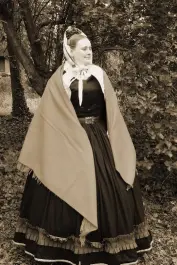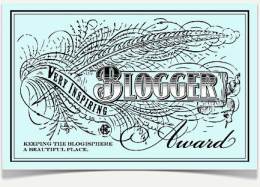In a field where we focus on research, facts and supportable evidence we often come across stories or explanations that are less than true. At times we find these un-supportable, un-documentable, un-researched tales to be irritating, unsettling or just pressing a button. I’m sure for many of you a particularly popular or unpopular myth often used as a marketing ploy comes to mind.
According to the Oxford Dictionary, a Myth is “1) a traditional story, especially one concerning the early history of a people or explaining some natural or social phenomenon, and typically involving supernatural beings or events; traditional stories or legends collectively:the heroes of Greek myth. 2) a widely held but false belief or idea:he wants to dispel the myth that sea kayaking is too risky or too strenuousthere is a popular myth that corporations are big people with lots of money; a misrepresentation of the truth:attacking the party’s irresponsible myths about privatization; a fictitious or imaginary person or thing; an exaggerated or idealized conception of a person or thing:the book is a scholarly study of the Churchill myth.” Comparatively, Folklore is the “traditional beliefs, customs, and stories of a community, passed through the generations by word of mouth; a body of popular myth and beliefs relating to a particular place, activity, or group of people.”
Our world is full of myth, folklore and tall-tales that have a great impact on how we perceive the world around us. There are monumental stories we learn in school or through progressing media, books, television and movies. How many of us remember being intrigued by a tale from Arthurian legend or the stories of and Robin Hood? There has been a recent resurgence of Greek and other ancient mythology seen in our movie theaters and working its way into television story-lines. While this grabs the newest generations so captivated by media, we all can see how mythology has worked its way into the art, architecture and stories of almost any generation. Looking at a more personal level, we each have the deeply personal family stories that may have a foot-hold in truth or may not. This could be a story about great-great-great-grandpa discovering gold in the back field of the family’s farm or the story of how the family came to live here or own “this” artifact.
As historians and interpreters we come across a few different types of myths we encounter.
- There are the myths and tales of folklore which have grown with our nation similar to the monumental stories mentioned above. These include stories about our founding fathers, presidents, and iconic leaders such as the story of George Washington and the cherry tree. We could also include stories such as those about Paul Bunyan and Babe the Big Blue Ox. Many of us in my generation learned these stories in school as a precursor to learning chronological history.
- There are the family history myths which include stories of family history and what a family memento might be. Often times we here that a great-great-aunt so-n-so was at the first Women’s Rights Convention or that on a family dad’s-dad’s-mom’s-mom’s side they are related to someone important. These stories may or may not be true. But, to the individuals who grew up with them, they are extremely important.
- There are the stories or explanations for something that developed about an event or item well after the contemporary era. In the areas of material culture we see this a great deal. This would include the previously alluded to marketing motivated myth above which began in the 1990s, nearly a 150 years after when the myth addresses with no plausible documentation. A good many myths about the 1700s and 1800s developed during the 20th century . In some cases the propagation of myth was unintentional due to research flaws whether narrow information, anomalies, or a missing piece. In other cases, the propagation of not-true, un-documented information was intentional.
In part 2 we will look at techniques for dealing with these myths.








Leave a comment